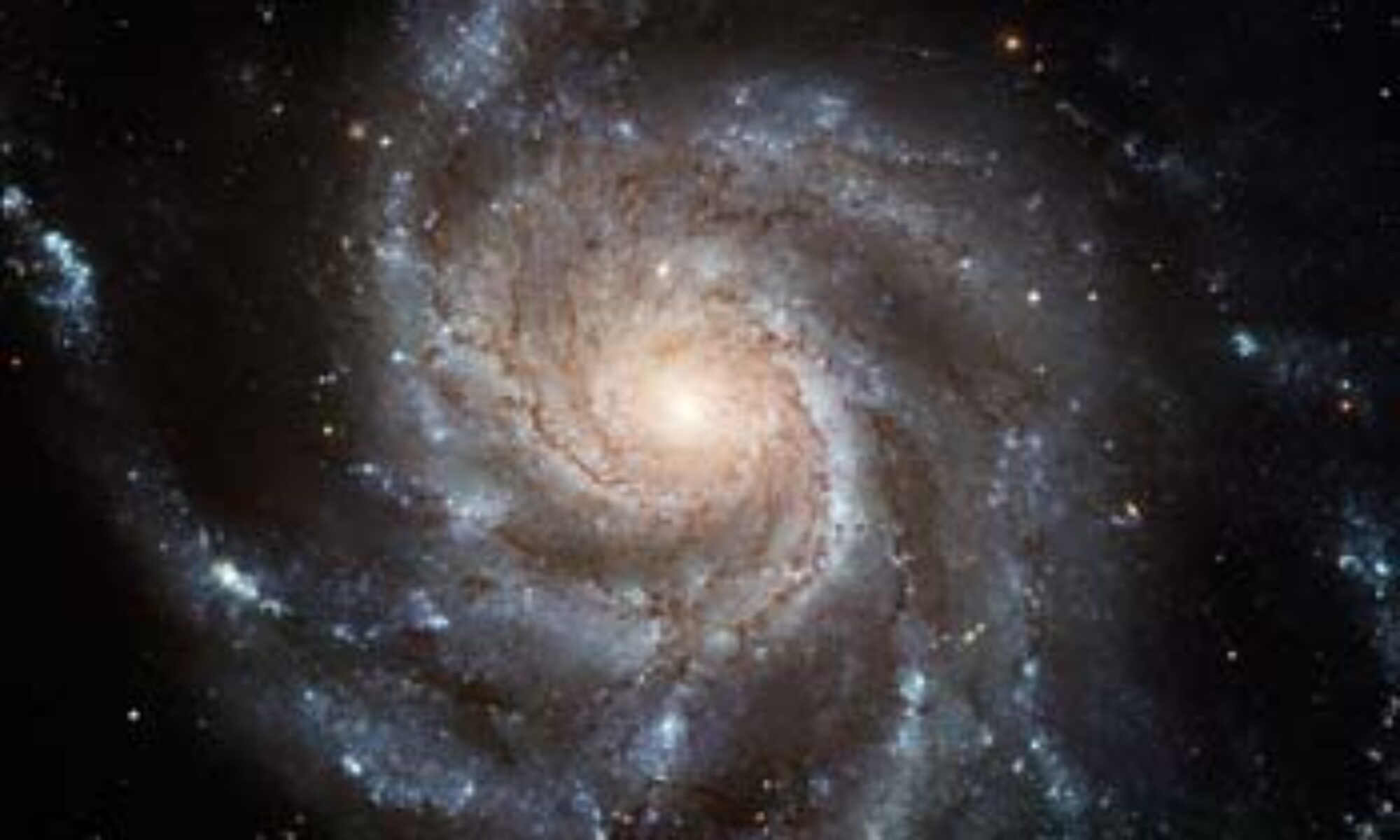The Cat, the Skunk and the Possum
We’ve been feeding a very young feral cat (Zelda) and have finally lured her into the house worried about her vulnerability to the raccoons.
She is now hiding in my office, terrified. I can’t touch her. I feed her. I try to soothe her with my voice, and I wonder – was this the right thing to do? I think she’ll be better off if she’s fixed and given her shots, even if she can’t be tamed and is released back into a wild cat world. But what about her? What does she think? Do I have the right to make that decision for her? Do I have a right to keep her from having babies? People worry about the cats and the birds, but more likely the babies are food for other critters, like raccoons.
Before we managed to bring Zelda in, when I fed her on the back stoop and didn’t pick up the food right away, a little skunk (hereafter known as “Flower”) would come quietly up the steps and finish it off. Even when I had brought the food in, the little skunk would search the steps for fallen food. One time Zelda was eating and Flower came quietly up the other side of the steps. The kitty glared at Flower and she went back down. Another time Flower was eating and a little opossum (Pokey?) snuck up as far away from Flower as he could. This time it was Flower who stared Pokey down. The little opossum turned and slipped back out into the night.
The dogs have barked at Flower through the glass door. She turns and walks slowly away with her beautiful big fluff of tail waving like a flag, but she has never sprayed the dogs, the cat, the opossum or us.
Why is it all right for me to feed the feral cat and not the skunk and the opossum?
I’m very aware that humans have run over the habitat of other creatures all over the world. The biggest sin of humans against the rest of the earth is the destruction of habitat. Knowing that, what is my responsibility to the ants, the skunk, the opossum, even the raccoons whom I chase away because they are a danger to my pets? Whose land is this that I claim as my own?
(Not that the raccoons chase very easily. They’re bold fearless creatures … like humans.)


